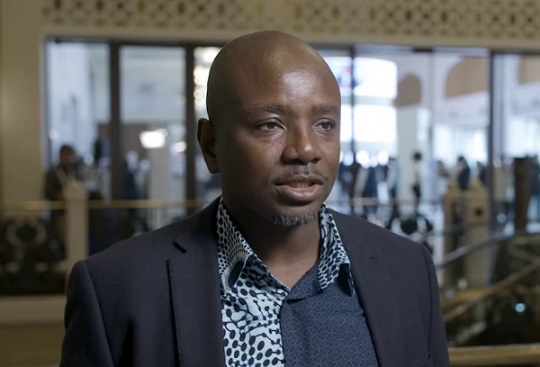Akwesi Agyeman
The Ghana Tourism Authority (GTA) is set to train taxi and Uber drivers at the Kotoka International Airport to serve as tourism brand ambassadors, Mr. Akwesi Agyeman, Chief Executive Officer of the Authority, has said.
He said, “In some few weeks, we are going to engage taxi and Uber drivers at the airport because they are also in the frontline in the tourism value chain and we want them not just to be able to carry passengers and move them but be worthy brand ambassadors for the country.”
Mr. Agyeman said this at the opening of a training programme for Tourism Inspectorate Officers across the country as part of efforts to build their capacity in driving the tourism industry.
He said the training of taxi and Uber drivers had become necessary because they were the first point of contact for tourists, both local and foreign.
Mr. Agyeman said the training of the inspectors was also crucial so they could monitor facilities and ensure they operated with the laid down regulations that had been passed under the Ghana Tourism Act, Act 817 of 2013.
He said the five-day training had all inspectors across the 16 regions, who would be taken through the basic rudiments of inspecting tourism establishments and other topics by officials from the National Security, COVID-19 Taskforce, and the Ghana Health Service.
He said, “Some of the common defects experienced over the years in some tourism facilities are disability-friendly facilities, issues of customer service, standards of facilities, among others and we want to equip the inspectors to be able to understand what to look out for when they visit the facilities.”
Mr. Agyeman said apart from the training, the Authority was focusing on four key areas of product knowledge for frontline operators, customer service training that cut across all sectors, digital skills training for middle-level operators, and sales training within the hospitality sector.
He said plans were also advanced to introduce basic French lessons for frontline hotel staff to equip them with basic conversational French, adding that signages would also be provided at the facilities to make francophone clients comfortable.


